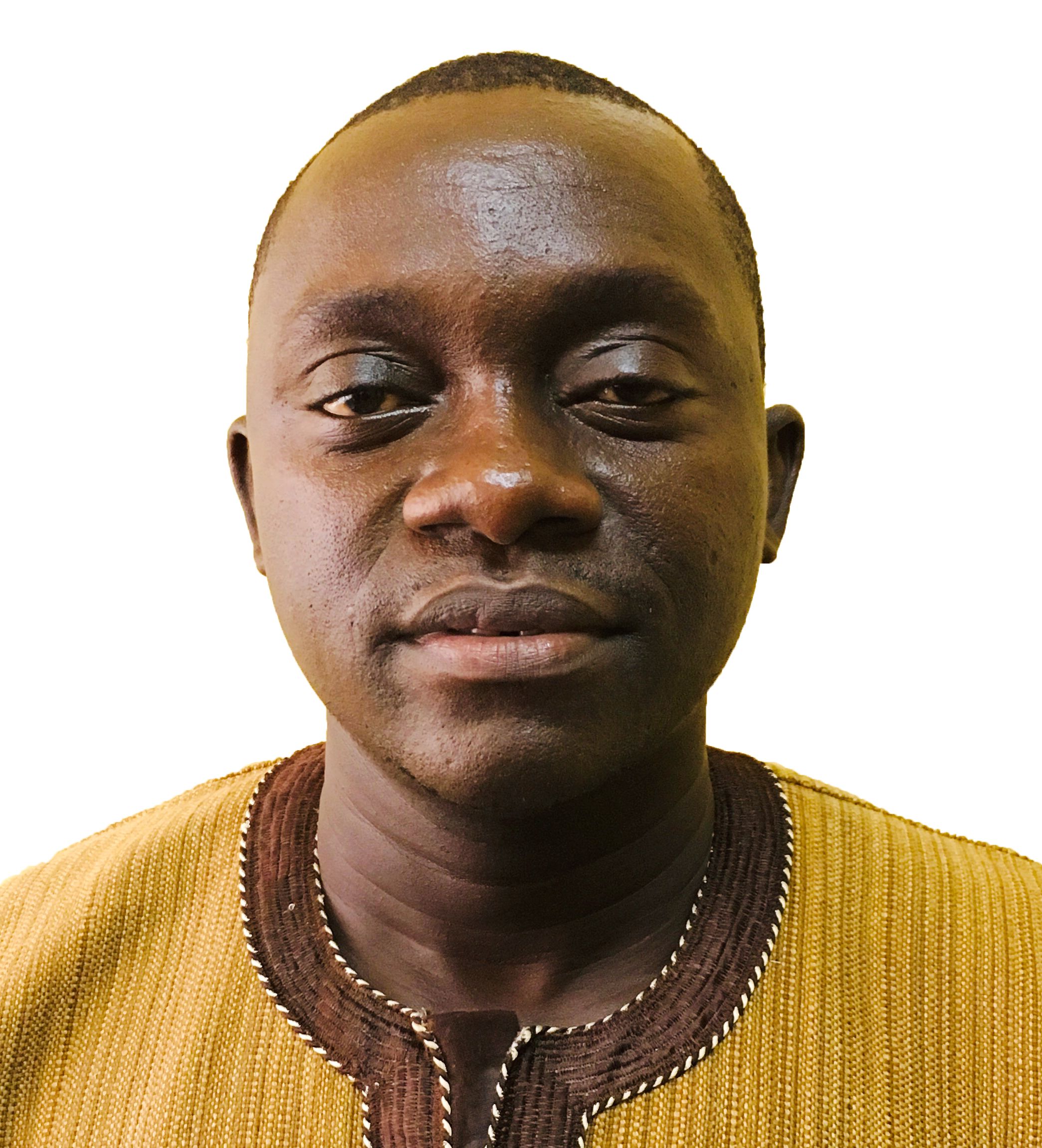
I’m a public sector administrator, a journalist and a teacher. I earned a master’s degree in Public Administration with emphasis in Public Sector Management in 2016 from the Cuttington Graduate School. I attained my bachelor’s degree in Sociology in 2004 from the African Methodist Episcopal University and in the same year an advanced certificate in acclaimed professional communications from Ghana.
I have over 15 years of private and public sector experience in teaching and working with both government and private institutions. Currently, I teach communications and marketing at the Starz College of Science and Technology, Liberia’s Premier School of technology and work as Public Affairs Director for Liberia’s Statistics House, Liberia Institute of Statistics and Geo-Information Services (LISGIS). I am a partner owner of one of Liberia’s biggest collegiate resource center called the A.M. Kyne Collegiate Resource center build for college students, professors, and researchers equipped with cutting-edge resources valued at over 80,000.00USD. As a motivational speaker, I run a mentoring program called the Transformers’ Club Liberia where young people and university students are mentored into public speaking and standard communication. Our youtube page is called The Transformer- Varfee Holmes Motivational messages.
It is obvious the 14 years civil war in Liberia played a pivotal role in destroying the educational system in Liberia. Consequently, research showed 41% of Liberia’s youth populace of 1,140,291 are in elementary schools, 14.9% are in junior high schools, 0.9% are in tertiary institutions, and about 3.6% has no form of education (LISGIS Census, 2008). This means four out of ten youths in Liberia have never been to school. More consequentially, recent report shows the Liberian educational system is fraught with educational malpractices, mainly bribery thus entrenching the culture of corruption and bad governance which pervade Liberia’s overall governance system (“FrontPage Africa Newspaper - Academic Malpractice Again in System: WAEC Takes Spotlight,” n.d.). The report also showed that some of the principally age old practices that have eroded the education system of Liberia are bribery, deceptions, review educational curriculum, and sex for grades. Another concern is the high rate across the appalling performance stratum of the education system of Liberia ---the massive failure of students in public exams (“FrontPage Africa Newspaper - Academic Malpractice Again in System: WAEC Takes Spotlight,” n.d.). Similarly, Yengbeh (2017) in his anti-corruption report, “Mapping of Corruption Risks in the Education Sector” revealed that 36% of students in Liberia pay bribes for promotion to higher grades and 23% pay bribes for exams especially among college students.
Evidently, a poorly equipped educational system pointing to its ravished state tends to leave students ill-prepared and undermine their abilities to be productive, innovative, and enterprising. This is manifested by the massive failure of students and malpractices of portals, including school administrators. The poor quality of teachers and the use of obsolete teaching modules and precepts is mainly because of the weak culture of learning and access to limited resources such as library and internet services. In a broader context, the overall effect of the poor quality of Liberia’s educational system has seemingly resulted in a low aggregate productive capacity of the country. This is evidenced by the lack of quality education that stimulates innovation, creativity, and productivity. All of these tend to affect the country’s comparative and competitive edge to excel within the global economic environment far beyond its level of natural economic endowment/resources. This means that without significant excellence in the quality of the education system through the adaptation of contemporary pedagogical modules and materials, the overall productive capacity of the country will not advance toward the achievement of the agenda for transformation and the pro-poor agenda for Prosperity and Development, a long-term goal aimed at making Liberia a middle-income country by 2030.
Despite the above, since the election of the first democratic president in Liberia--after the civil war in 2003, there has been some efforts made by the government and the international communities to revamp the broken educational system. However, there is still more to be done in the educational sector in order to reverse the trend and salvage the ravished educational system. This paper however seeks to unravel my perspectives on what could contribute to the envisaged transformation with in the educational system of Liberia.
I’m excited about the opportunity to attend this global Pedagogical forum as I look forward to lot of fruitful benefits affecting me and my country, Liberia. I believe that this forum will create an arena for interchanging hybrid ideas surrounding newer methods and modules of pedagogy. I expect to garner ideas from the success stories of countries adopting and utilizing contemporary pedagogical precepts and translating those precepts into tangibles. I would love to utilize the knowledge acquired from the forum to positively affect the ravishing educational system in Liberia and to work with the teachers and students’ communities in ensuring that as we usually say, “Knowledge becomes Power”.